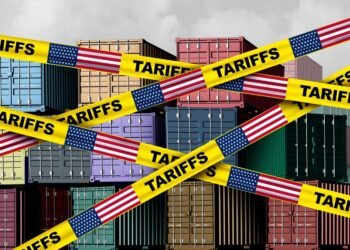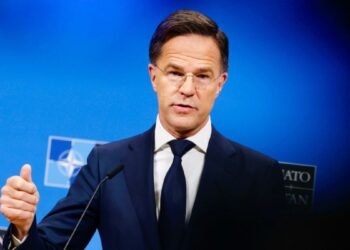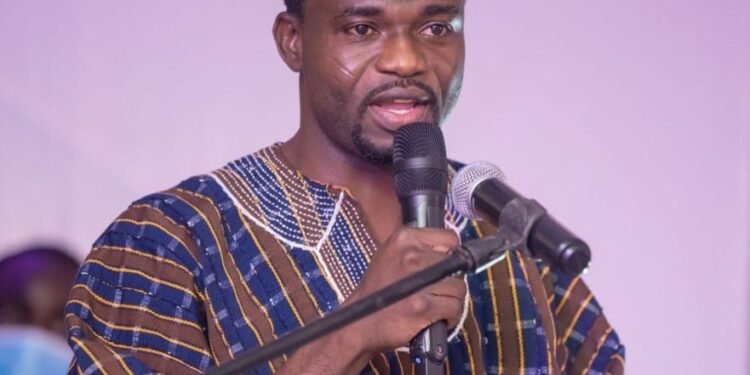Young people from across the globe are gathering at the United Nations Headquarters this week, offering their ideas and vision to help build a fairer, greener, and more sustainable world.
The annual Economic and Social Council (ECOSOC) — the largest UN youth-focused event — has placed youth engagement in sustainable development at the heart of global transformation efforts.
Speaking at the forum’s opening plenary session, President of the Economic and Social Council, Bob Rae, emphasized the pressing need for action. “The urgency of shaping a more sustainable, inclusive, and just future for all has never been clearer,” he said.
Rae urged young attendees to recognize their central role in shaping the world’s future.
“You are today’s leaders. We cannot wait for tomorrow, we need you to start participating and taking charge today.”
Bob Rae
Convened by ECOSOC and supported by various UN departments, the forum is a platform for young people to directly engage with UN Member States and international agencies.
Young Voices Shape Global Development Agenda
This year’s forum is themed “Youth at the Forefront: Leveraging Science and Social Inclusion for Sustainable Development.” It highlights youth-led initiatives aimed at enhancing health systems, improving education, reducing inequality, and tackling climate change.
With a focus on both environmental protection and social justice, the agenda seeks to drive meaningful, measurable progress towards the UN’s Sustainable Development Goals (SDGs).

For attendees like Selvican Sahin from Germany, participation means amplifying the perspectives of those often unheard “on important topics.”
Youth involvement is not just symbolic — it is crucial. From leading grassroots movements to advising on national policies, young people are emerging as key actors in shaping sustainable societies. Their contributions are helping rethink systems and propose solutions to interconnected crises such as climate change, inequality, and economic disruption.
Social inclusion also sits at the core of the forum’s message. Ryan Li, a delegate from Canada, underscored the importance of inclusivity in decision-making processes. “Getting as many people at the table is really important because then you can hear their concerns,” he said.
For youth representatives like Chaïmane Ribani, the chance to influence policy is a matter of urgency and opportunity. “Young people want to be part of the change,” she said, “and want to be shaping these national and international policies.”
By fostering active participation, the ECOSOC Youth Forum creates space for collaboration between young changemakers and global leaders. Their involvement is seen as essential for ensuring a just and lasting impact on future generations.
The President of the UN General Assembly, Philemon Yang, echoed this sentiment in his address: “Empowering our young people is an investment that delivers sustained benefits across society and the future they shape.”
This year’s forum, running from April 15 through April 17, will feature eight thematic sessions. Each session is focused on accelerating action toward the 2030 Agenda and its 17 Sustainable Development Goals. Topics range from education and employment to gender equality and climate resilience — areas where young people have already proven to be powerful advocates for change.
As the international community searches for solutions to the planet’s most pressing challenges, youth engagement in sustainable development is no longer optional; it is essential. The ECOSOC Youth Forum attests to what is possible when younger generations are invited to the table, listened to, and empowered to lead.























